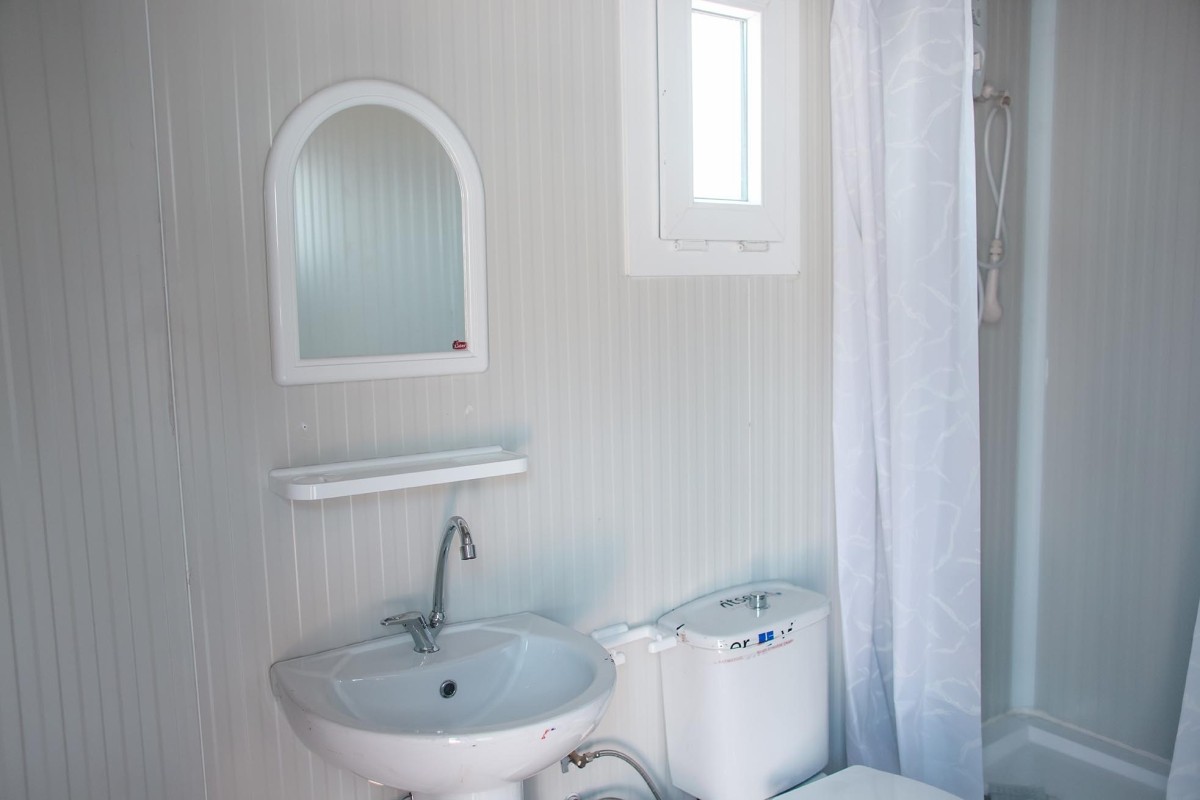Safe, sanitary toilets are essential. And yet, more than 3.5 billion of our neighbors don't have access to one. Did you know that toilets can be lifesaving? Here’s how:
1. Toilets prevent the spread of disease
In Guatemala, your kindness is teaching the importance of safe hygiene practices through health promoters.
One of the largest, yet invisible, killers for millions and millions around the world are waterborne diseases, such as cholera, typhoid fever and hepatitis A. These diseases are common in areas that don’t have access to clean sanitary facilities and is the cause of death for some 2.2 million children alone each year.
In Guatemala, health promoters teach safe hygiene practices. These individuals, trained and empowered by your support, visit community members to evaluate health practices and teach hygienic bathroom habits. It’s having powerful results in improving safe water access and even strengthening women’s leadership in the community.
2. Toilets keep women and girls safe
A toilet built with your love in a camp for internally displaced families in the Democratic Republic of Congo.
Proper sanitation not only improves health and hygiene but also empowers individuals, especially women and girls, by providing them with safe and dignified spaces.
In conflict areas, such as in the Democratic Republic of Congo, your compassion is keeping our neighbors safe. How does a toilet do that? Not having safe access to sanitation makes women and girls especially vulnerable. They must often walk long distances, sometimes at night, to use the toilet which exposes them to attacks and violence. Your love is building safe and accessible spaces to reduce violence and worries.
3. Toilets help in times of disaster

You gave those impacted by the earthquake in Türkiye flushing toilets — and dignity.
After a disaster, like the earthquakes in Türkiye, families had no choice but to live in tents and use communal facilities, which were overcrowded, filthy and unsafe. Your compassion provided 35 families with container homes that include running water and flushing toilets - restoring their dignity, safety and health.
On World Toilet Day (November 19) — and every day — we share our gratitude for your compassionate support in ensuring all our neighbors have access to safe and clean toilets. You’re saving lives!



